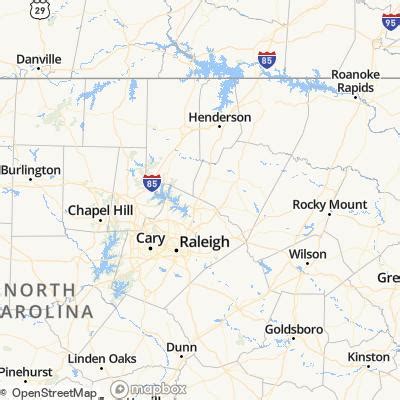Introduction

In 2019, Wake Forest University became embroiled in a controversy involving the Weather Underground, a radical left-wing organization that emerged in the 1960s. The university’s decision to host a lecture by Bill Ayers, a former Weather Underground member, sparked outrage among conservative groups and alumni. The episode raised important questions about academic freedom, free speech, and the legacy of radical activism.
The Weather Underground at Wake Forest
The Weather Underground was founded in 1969 as an offshoot of the Students for a Democratic Society (SDS), a prominent anti-war organization. The group’s goal was to overthrow the U.S. government and establish a socialist state. To achieve this, they engaged in bombings and other acts of violence.
In 1970, the Weather Underground went underground, its members hiding from the FBI and continuing their activities in secret. Ayers was one of the group’s most prominent members, participating in several bombings, including the Weatherman bombing of a U.S. Capitol building in 1971.
Wake Forest’s Invitation to Ayers
In 2019, Wake Forest University invited Ayers to give a lecture on his experiences as a Weather Underground member. The invitation was met with immediate backlash from conservative groups and alumni. They argued that Ayers was a terrorist who should not be given a platform to glorify his violent past.
The university defended its decision to host Ayers, citing academic freedom. It argued that Ayers was a complex and controversial figure whose views should be heard and debated. However, the controversy continued to escalate, with some alumni threatening to withhold donations.
The Legacy of Radical Activism
The Weather Underground’s legacy is a complex and controversial one. Some view the group as freedom fighters who were justified in using violence to fight against oppression. Others condemn their actions as terrorist and destructive.
Ayers himself has expressed regret for some of the group’s actions, but he maintains that they were necessary at the time. He has also become a prominent educator and activist, working to promote peace and social justice.
Academic Freedom vs. Public Outcry
The Weather Underground controversy at Wake Forest University raised important questions about academic freedom and public outcry.
Academic freedom is the right of universities to pursue their educational and research missions without undue interference from the government or other outside forces. It is a fundamental principle of higher education that protects the free exchange of ideas and the pursuit of knowledge.
Public outcry, on the other hand, refers to the vocal expression of public opinion, often in opposition to a particular action or policy. In the case of the Weather Underground controversy, public outcry was fueled by the perception that Ayers was a dangerous and unrepentant terrorist.
Questions To Ponder
- How can universities balance the principles of academic freedom and public outcry?
- Should institutions of higher education provide a platform to individuals with controversial pasts?
- What are the ethical implications of inviting speakers with radical views?
FAQs
-
What is the Weather Underground?
– The Weather Underground is a radical left-wing organization that emerged in the 1960s and engaged in bombings and other acts of violence. -
Who is Bill Ayers?
– Bill Ayers is a former Weather Underground member who participated in several bombings. He later became a prominent educator and activist. -
Why did Wake Forest University invite Ayers to give a lecture?
– The university invited Ayers to share his experiences as a Weather Underground member and to facilitate a discussion about the group’s legacy. -
What was the public reaction to the invitation?
– The invitation sparked outrage among conservative groups and alumni who believed that Ayers was a terrorist and should not be given a platform to glorify his past. -
How did the university respond to the controversy?
– The university defended its decision to host Ayers, citing academic freedom. -
What are the ethical implications of inviting speakers with controversial pasts?
– Inviting speakers with controversial pasts can raise questions about the values and principles of an institution. It is important to carefully consider the potential impact of such an invitation on the campus community and the public. -
How can universities balance academic freedom and public outcry?
– Universities should strive to maintain a balance between academic freedom and public outcry by engaging in thoughtful dialogue, considering the potential impact of their actions, and respecting the views of all stakeholders. -
What is the legacy of the Weather Underground?
– The legacy of the Weather Underground is complex and controversial. Some view the group as freedom fighters, while others condemn their actions as terrorist and destructive.
